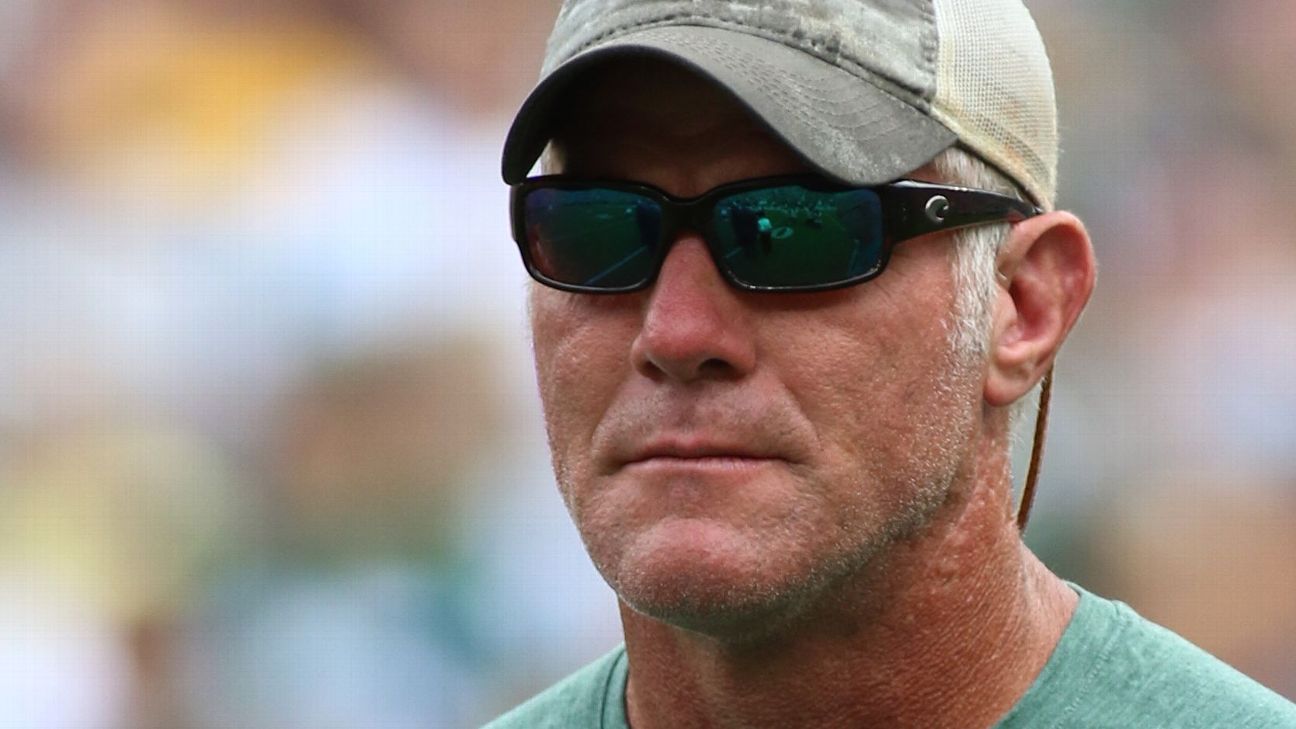
Posted on Jul 09
Federal judge dismisses Brett Favre's defamation lawsuit against Shannon Sharpe, ruling remarks as "constitutionally protected

u/alex •
JACKSON, MS -- In a legal battle that has captured the attention of the sports world, retired NFL quarterback Brett Favre's defamation lawsuit against former NFL tight end Shannon Sharpe has been dismissed by a federal judge in Mississippi. The lawsuit stemmed from Sharpe's critical comments about Favre's connection to a welfare misspending case during a sports broadcast. U.S. District Judge Keith Starrett ruled that Sharpe's remarks were constitutionally protected "rhetorical hyperbole," and thus did not constitute defamation.
Brett Favre filed the defamation lawsuit against Shannon Sharpe after the latter criticized Favre's involvement in a welfare misspending case. During a sports broadcast, Sharpe accused Favre of theft in connection to the scandal. However, the federal judge determined that Sharpe's comments were opinions expressed in response to a news report on the welfare scandal and did not cross the line into defamation.
The Mississippi welfare scandal involved the misappropriation of over $77 million from the Temporary Assistance for Needy Families program. As part of the scandal, it was revealed that Brett Favre had received $1.1 million in speaking fees from a nonprofit organization implicated in the misspending. While Favre has since paid back the full amount, he still owes $729,790 due to accumulated interest. It is important to note that Favre denies any wrongdoing and is not facing criminal charges related to the scandal.
During the legal proceedings, Brett Favre's lawyer, Amit Vora, argued that Sharpe's accusation of theft constituted defamation. Vora contended that Sharpe's remarks suggested literal stealing rather than figurative language. On the other hand, Joseph Terry, Shannon Sharpe's attorney, claimed that his client's comments were opinions expressed rhetorically in response to a news report. Terry argued that the context of the broadcast made it clear that Sharpe was not making factual statements but expressing his viewpoint.
In his ruling, U.S. District Judge Keith Starrett emphasized that no reasonable person listening to the broadcast would interpret Sharpe's remarks as literal accusations of theft. The judge stated that Sharpe's comments were protected under the First Amendment as "rhetorical hyperbole." He highlighted the importance of allowing public figures, like Favre, to be subject to criticism and robust debate without stifling free speech.
With the dismissal of the defamation lawsuit, the legal battle between Brett Favre and Shannon Sharpe comes to an end. It remains to be seen if any further action will be taken or if both parties will move on from this dispute. The case serves as a reminder of the complexities surrounding defamation claims, particularly when it involves public figures and the boundaries of protected speech.
As the sports world digests the news of the lawsuit's dismissal, the focus shifts back to the welfare scandal itself. Questions regarding accountability and the proper use of public funds continue to be important considerations for policymakers and the public at large.
